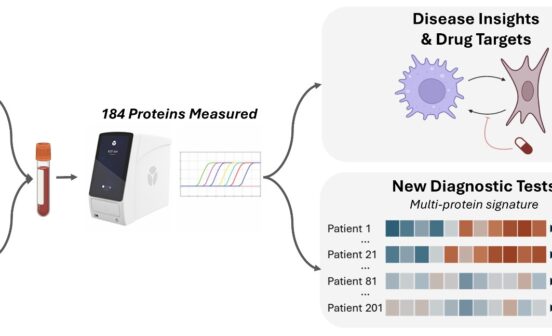PreventionTherapeutic Potential placebo effect of heart stents
Angina is chest pain that occurs when blood supply to the heart is restricted, usually caused by the narrowing and hardening of arteries. Stable angina is where attacks are brought on by an obvious trigger such as exercise, and improve with medication and rest. Surgery to widen or bypass the narrowed arteries may be recommended if the symptoms do not improve.
The ORBITA trial, led by researchers funded by the NIHR Imperial BRC (Cardiovascular Theme), is the first research study – including over 200 patients with stable angina – where the researchers compared stenting (artery-widening coronary angioplasty with stent or Percutaneous Coronary Intervention) with a simulated procedure but where a stent was not implanted (placebo).
All patients had a six-week phase where medications used to treat angina were introduced and increased to maximal doses. Patients were then randomly selected to receive a heart stent or to undergo a placebo procedure in which they did not receive the stent. The results of the trial suggest there were no significant increases in overall exercise time and no significant differences in improvement of symptoms reported by either group.
The results did confirm that stenting significantly relieved the narrowing of the arteries and improved blood supply to the heart. But researchers had expected that exercise capacity and symptoms would also improve once the artery had been opened. These findings demonstrate the placebo effect of the procedure may be larger than previously thought.
Dr Rasha Al-Lamee, lead author from the National Heart & Lung Institute at Imperial College London, and an interventional cardiologist at Imperial College Healthcare NHS Trust said: “While these findings are interesting and deserve more attention, they do not mean that patients should never undergo the procedure for stable angina. It may be that some patients opt to have an invasive procedure over taking long-term medication to control their symptoms. It seems that the link between opening a narrowing coronary artery and improving symptoms is not as simple as everyone had hoped”.
The group investigated in this trial only contained patients with the single-vessel form of disease and the researchers highlighted that patients with multi-vessel or more complicated form of disease may get more symptomatic relief from stenting. Further analysis is expected from the ORBITA trial to identify if there are subgroups of patients whose stable angina improves more after stenting.






